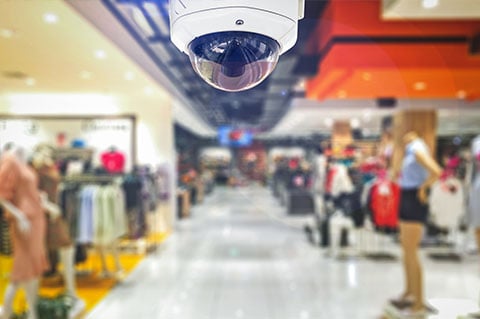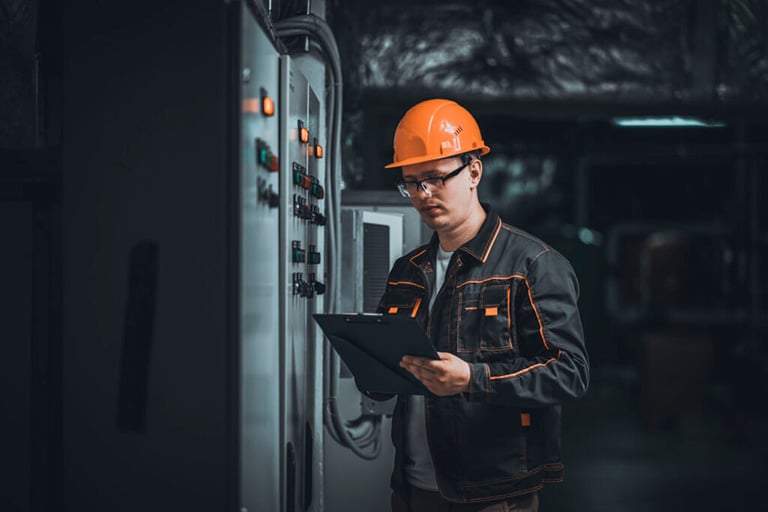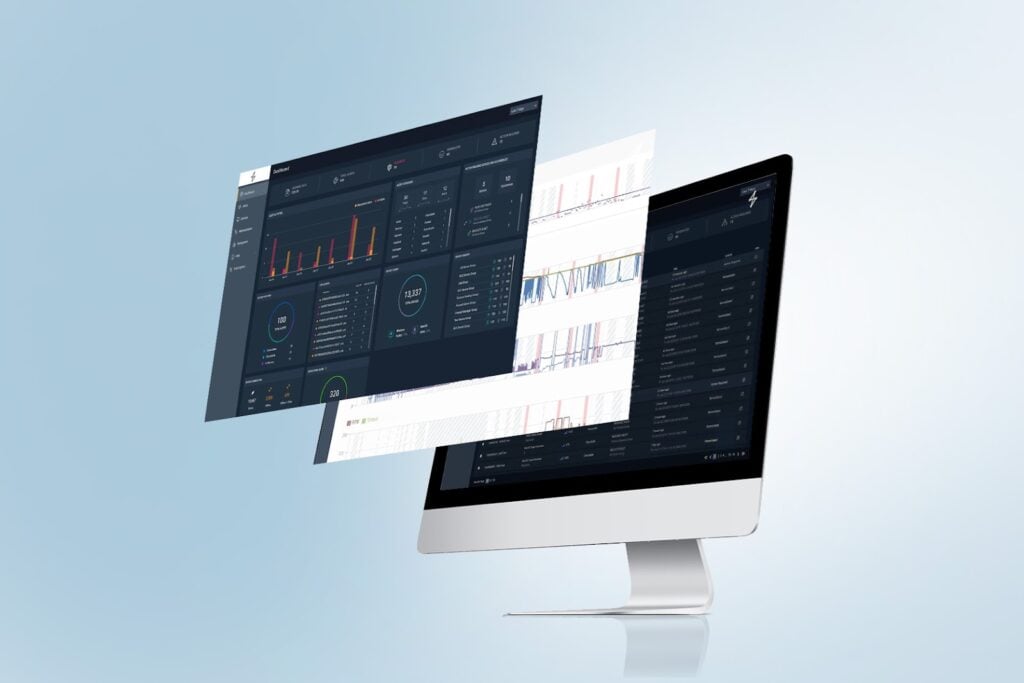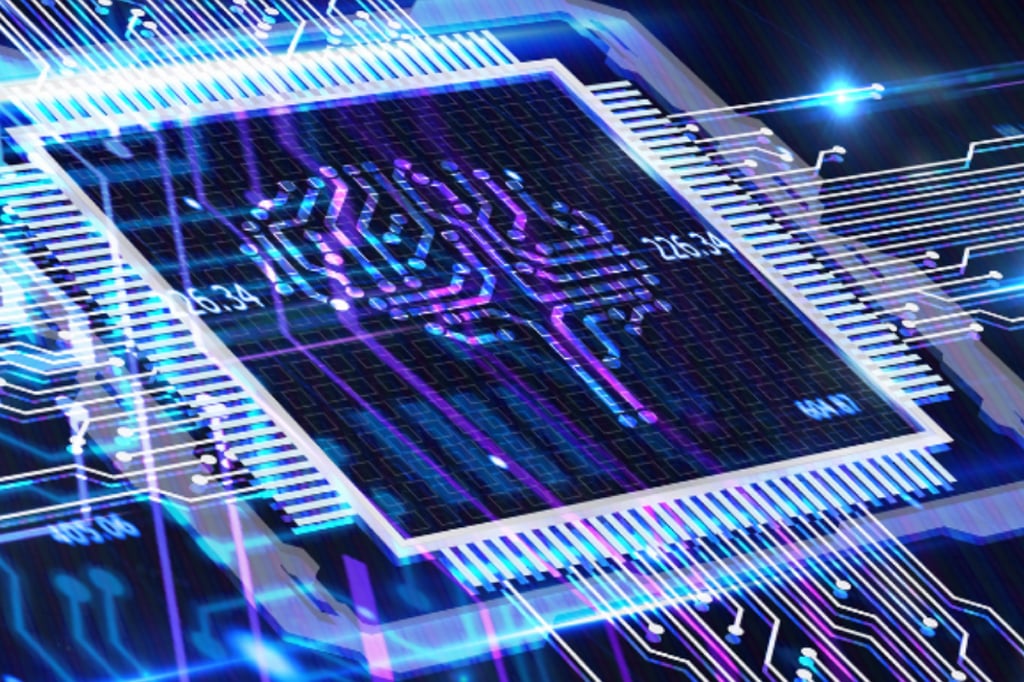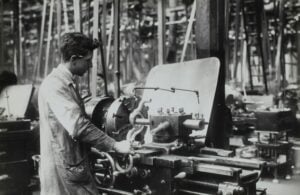As SparkCognition marks America’s 140th observance of Labor Day, we can’t help wondering what the future of work will look like. How will the rapid growth of AI systems and capabilities affect our workforce?
Perhaps the most frequently asked question on this topic: are robots going to take all our jobs? The way we see it, the short answer is “no.” But the not-so-short answer is “it’s complicated.”
Virtually every author who has written on the subject of AI lands on more or less the same answer. It goes something like this: “Rather than eliminate everyone’s jobs, AI will free workers from mundane low-level tasks and allow people to move up the value chain in the work that they do.”
So how is this all likely to shake out? Any thoughtful response needs to begin with the admission that no one knows what working life will be like in the decades to come—because it’s not just about the evolving capabilities of technology. We need to factor into this discussion things like the changing workforce demographic, the role of politics and regulation, and a host of other wild cards whose outcomes no one can know today. While we’re acknowledging the elements of this discussion that we don’t have answers to, it’s instructive, as well, to recognize a few things that we do know. For starters, AI is by no means the first technology to come along and seemingly threaten peoples’ livelihoods.
In the early 19th century, the invention of the mechanized loom caused such outrage among textile workers that the so-called Luddite movement was born. This was an anti-technology society whose mission was to destroy every piece of textile machinery they could get their hands on. A century and a half later, the scenario repeated itself (albeit less violently) when automobile manufacturers and other heavy industries began implementing robotics to perform repetitive and dangerous tasks like painting, lifting, etc.
But in every instance throughout history where technology appeared poised to eliminate a class of human-filled jobs, the same two things happened:
- The technology was implemented anyway, despite the objections of affected workers.
- The affected people went on to perform other kinds of work, usually with formal or informal skills training paving the way.
Philosophical questions like “In the end, were those people better off or not?” are difficult to answer. Still, these earlier experiences are instructive as we enter the era of AI in the workplace. Of course, we need at least two lenses through which to examine this question. The first is the broad societal viewpoint. The second is the personal/individual one. Regarding the former, Harvard economist Lawrence Katz offered a reassuring opinion in an interview for MIT Technology Review.
“We never have run out of jobs. There is no long-term trend of eliminating work for people. Over the long term, employment rates are fairly stable. People have always been able to create new jobs.”
That’s all well and good until you’re the one whose job is on the block, at which point you would be forgiven if your concern for societal good took a backseat to your own wellbeing.
Regarding the personal side of the equation, MIT economics professor David Autor offers a bit more positive outlook, suggesting that technology’s role—AI included—is more about augmenting human work than replacing it.
“Tasks that cannot be substituted by computerization are generally complemented by it . . . Most work processes draw upon a multifaceted set of inputs: labor and capital, brains and brawn, creativity and rote repetition, technical mastery and intuitive judgment, perspiration and inspiration.”
The most formidable challenge for the coming decades is thus not an inevitable dearth of jobs but rather the need to train and upskill workers for all the new ones that AI is certain to create: about 97M of them, according to a recent report by the World Economic Forum. That’s more than sufficient to offset the 85M that will be lost to technology in that same timeframe, per the report. Worth noting: A large percentage of those new jobs will be the direct consequence of AI technology itself, i.e., someone has to develop those systems, train them, maintain them, and fix them when they break. Today there is an enormous lack of people with these skillsets, as any recruiter can assure you who has tried to hire such talent.
The report goes on to note:
“The question is no longer whether AI will change the workplace; it’s how companies can successfully use it in ways that enable—not replace—the human workforce.”
To achieve such an ambitious goal, the challenge falls on company leaders and workers to take up the responsibility of continuous upskilling. This has been the case for as long as there have been workplaces. The emergence of AI in recent years simply reinforces a career management imperative that has always been a part of responsible professional management.
All of which leaves us where exactly? We are obliged to concede that the changes coming for many workers have arrived already. But at the same time, it’s business as usual, i.e., new technologies will have two effects on the average worker, regardless of level or function within a company:
- AI will enable you to do your job better, faster, and more efficiently
- It will demand that you continue to upgrade your skills so as to gain the maximum benefit from that enablement
So, while there are probably more unanswered questions at this early stage of AI evolution than answered ones, a few things are clear. Technology will continue to evolve, not just AI but all of it. Equally inevitable is that humans, by their nature, will never stop being resistant to change, particularly when it affects their wallets and their lifestyles. But at the same time, the more technology can eliminate the dirty, dangerous, and dull work types that modern life demands, the tougher it is to argue that this is not a good thing, even considering the short-term personal challenges.
The traits that humans bring to the table—judgment, critical thinking, creativity, intuition—remain solely in the purview of people and seem likely to stay that way for the foreseeable future.
SparkCognition’s portfolio of AI-enabled products was developed with the goal of enabling more effective and efficient operations and maintenance of complex technological systems in energy, manufacturing, defense, and other industries. To learn more about how our products enable greater productivity and efficiency, visit https://www.sparkcognition.com/.





